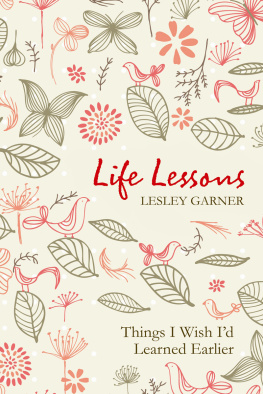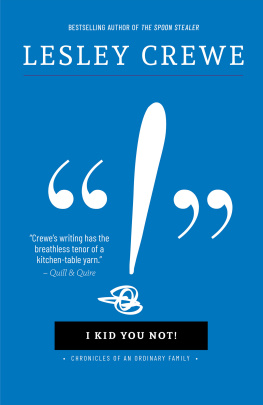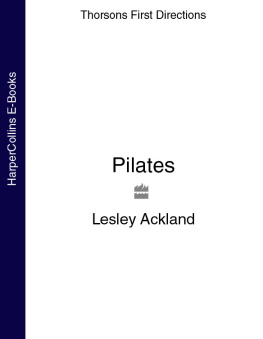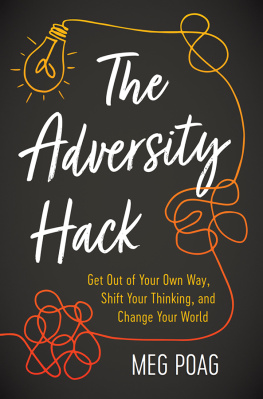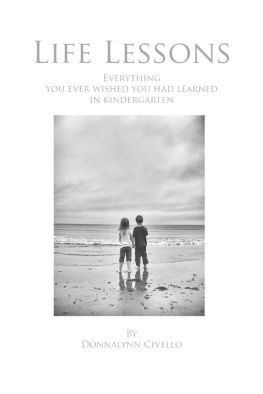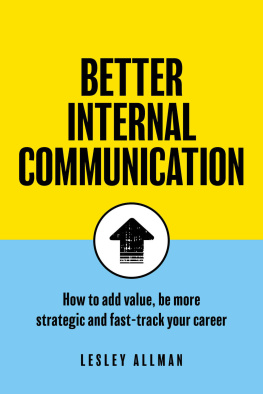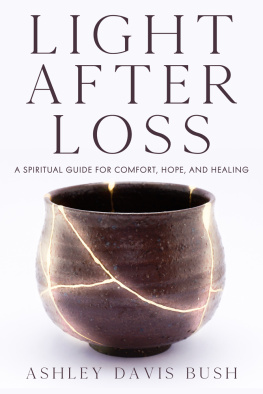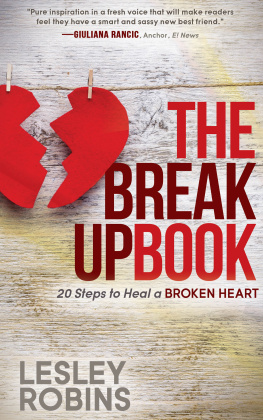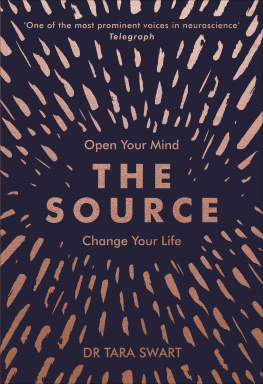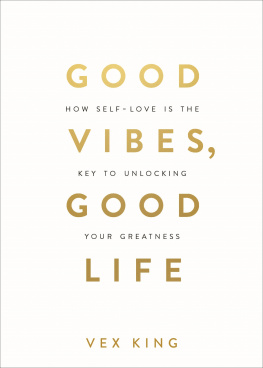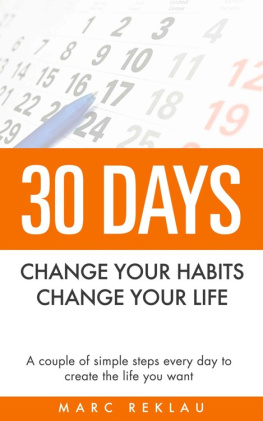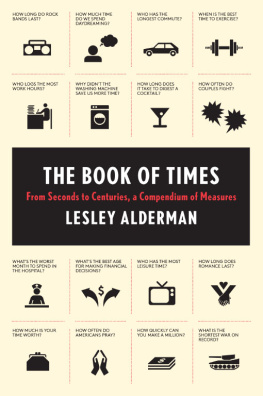Lesley Garner, 2008
The moral rights of the author have been asserted.
All rights reserved. No part of this book may be reproduced by any mechanical, photographic or electronic process, or in the form of a phonographic recording; nor may it be stored in a retrieval system, transmitted or otherwise be copied for public or private use, other than for fair use as brief quotations embodied in articles and reviews, without prior written permission of the publisher.
The author of this book does not dispense medical advice or prescribe the use of any technique as a form of treatment for physical or medical problems without the advice of a physician, either directly or indirectly. The intent of the author is only to offer information of a general nature to help you in your quest for emotional and spiritual wellbeing. In the event you use any of the information in this book for yourself, which is your constitutional right, the author and the publisher assume no responsibility for your actions.
A catalogue record for this book is available from the British Library.
ISBN 978-1-84850-066-2 in print
ISBN 978-1-84850-789-0 in epub format
ISBN 978-1-84850-788-3 in Mobipocket format
Acknowledgements
I am grateful to a lot of people for their contribution to this book. In particular I want to thank profoundly those many readers of the Daily Telegraph who have opened their hearts to me and entrusted me with their troubles and secrets. It is an honour and a privilege and I am truly sorry that I can give a considered answer to only some of them. But it is part of the ethos of my Lifeclass column that the readers and I arrive at some kind of collective wisdom which we can all share, and I know, because people write and tell me so, that readers get a great deal out of reading other peoples problems and the answers I give.
For giving me wise and essential support in advising others I want to thank Stuart Affleck. For putting me in this privileged position I thank Liz Hunt, who offered me the column in the first place. And I am also very grateful to my other regular editor, Susie Forbes of Easy Living and her former features editor, Lisa Markwell, who opened their pages to my column. In particular I want to thank Susie for permission to reprint some of my Easy Living columns in this book.
This is a good place to say a public thank you to Guy, Anthony and Simon and the team at Pedalo who set up my very clear and elegant website, www.lesleygarner.com. I think it works beautifully and any fault in the running of it is all mine.
And finally I want to thank Michelle Pilley and the team at Hay House for their continued enthusiasm and support, which are exceptional. I realize, when I hear other writers grumbling about their publishers, how lucky I am with mine.
Contents
This book draws on a lot of life experience. There is my own experience, which I distilled and filtered into three books, and then there is the experience of the thousands of readers who wrote to me when I became an advice columnist on a national newspaper, the Daily Telegraph.
I was offered the job as advice columnist partly because I had already written three books. The first one, Everything Ive Ever Done that Worked, grew out of 20 years experience of self-exploration and journalistic research. The idea came to me during a dark night of the soul when, stumbling about in my insomnia, I tripped over a pile of my own notebooks and began to read. What I realized was that the notebooks were full of useful stuff. Wouldnt it be a good idea, I thought as I sat on my bedroom floor at 4 in the morning, to go through all these notes, take out the useful stuff and put them between two covers? I meant to make this book for myself, as a companion and aide-memoire in sleepless moments, but a publishing friend thought this was a good idea too. It became a book of personal reflections, essays that I wanted to stimulate peoples thinking, encourage and comfort them and also give them something practical to do when they felt stuck or lost. Nothing pleases me more than when I hear from readers who treat this book as it was intended to be, as friend and companion.
I so enjoyed writing this first book that I decided I would write two more. Love and relationships are fundamental to the experience of being human, so I wrote Everything Ive Ever Learned about Love. In rebellion against the fixation with romantic and sexual love but reflecting on that, too I trawled my own life for love in every form family, place, passions, friendship, children, art and nature and sex, of course. The book was revelatory and enriching for me to write and, I hope and am told, for people who read it.
When I looked about for the next great source of peoples challenges, excitements and anxieties, I fell upon change. Life is change. There is no stillness, apart from the great stillness under everything which sustains everyone who seeks it out. Everything Ive Ever Learned about Change set out to make a map of lifes territory which would take the fear out of change, and also give techniques and tactics that would help people to make the changes they wanted in their own lives.
This book is an anthology of some of the essential pieces from all three of these books, but I am holding them up in a new light and giving them more depth and relevance by relating them to the extraordinary experience of being let into the confidence of thousands of people.
When I wrote my very first column for the Daily Telegraph, neither my editor nor I knew what to expect. We wanted to offer Daily Telegraph readers a place to bring their dilemmas, but we had none to kick off with. What shall I write? I asked my editor, Liz Hunt. Write about who you are and what youve done and why youre doing this, she said. So my first column was a kind of very public job application. It felt like diving off a high board into a very small swimming pool, without even knowing if there was any water in it. What would I do if nobody wrote in? But they did write in, with problems I had never even thought of.
I was overwhelmed, in those first months, with the responsibility of offering some kind of positive answer to the stories of marital breakdown, broken hearts, warring families, isolation, overload, mental despair, sickness and grief. I told myself that it was very good for a writer who had some pretensions to helping other people, to be forced to put her money where her mouth was. My books, while built on a belief that most human experiences are universal, drew on my own experience. Now I had to show people who were genuinely suffering that what I had learned had some relevance and hope for them.
There are different kinds of advice columnists. I admire terrifically the roll-up-your-sleeves, this-is-what-you-must-do-and-promise-me-youll-do-it-right-now style of agony aunt who deals in certainties and solutions. Im not like that in person and Im not like that in the way I write. Doing this job made it clear to me, though, that I do have an approach and I do have strong underlying beliefs.
My approach is to treat a letter or an email as though I were reading tea leaves. There is the story somebody is telling you and the story they are not telling you, and I grew more skilled at reading between the words on the page. I enjoyed the sense of detective work. I became aware that each story had a number of characters and I was hearing only one voice. Often people will write in because they are anxious about another person the child who is behaving badly, the parent who has remarried, the partner who wants to leave them. I resisted temptation to comment on the other persons behaviour and gently tried to make the writer see what part

